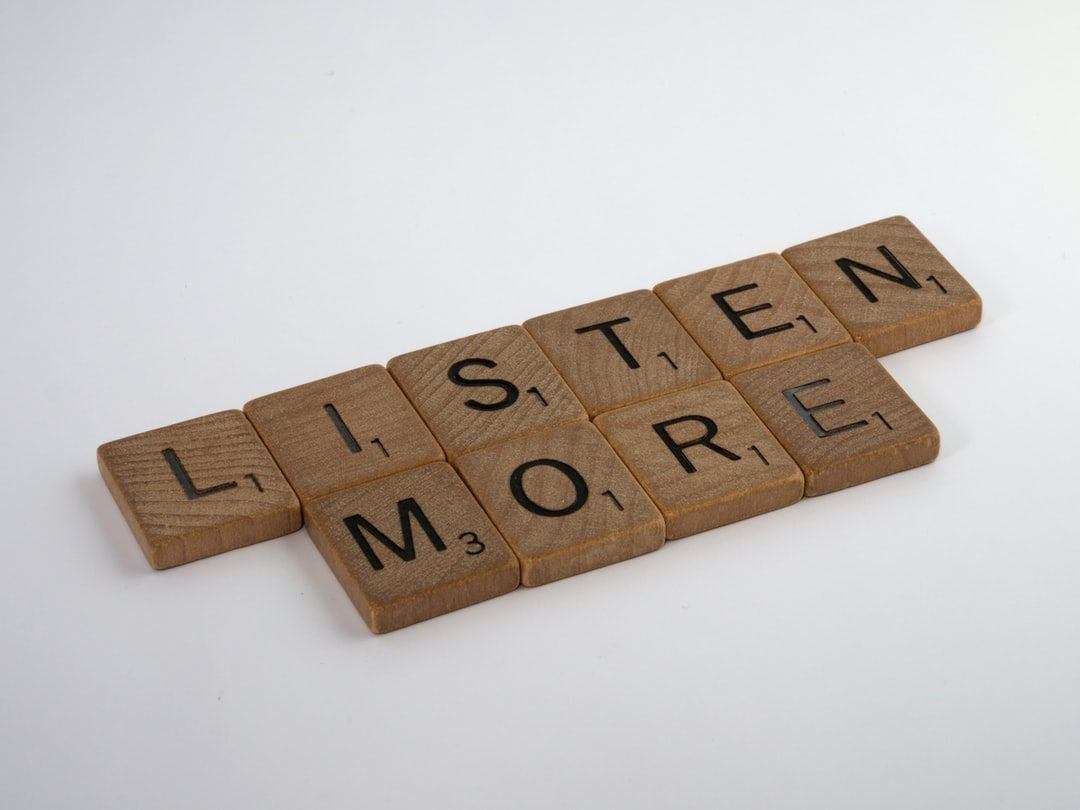Tips for Parents Whose Teens are Cutting

I know how scary it can be for parents when they find out their teen has been cutting. Some parents have expressed fear, confusion, and even anger that their child has engaged in this type of behavior. Often times, parents see cutting as a suicidal gesture causing them to emotionally react to their child. Cutting is a form of self-harm behavior. Self-harm behaviors are often a maladaptive coping skill used as a way to distract from emotional pain. It’s an unsafe way to relieve stress and avoid feeling rather than a suicidal gesture.
I have much experience working with teens & adults who have engaged in self-harm. Here are some tips I often provide to the parents to help them support their child:
- Let’s talk safety. Remove all tools to self-harm, such as razors, eyebrow shapers, box cutters, scissors, and kitchen knives. If your child needs to use any of these items, you can supervise their use or have them “check it out” and then return once completed with their task. Lock any weapons up in the home. Removing these items is to deter your child from engaging in self-harm because it removes their access to do so.
- Don’t punish your child! This is not an intentional act to break rules, therefore consequences aren’t appropriate or effective. Your child needs support, safety, and structure; not consequences for not knowing how to cope.
- Create an environment where your child feels safe to express their feelings, thoughts, and ideas. Most teens have expressed they hid this information from their parents due to fear of getting in trouble, concerns for their parents’ emotions, or feeling as if their parents won’t understand.
- Teens have stress, too! From self-image and bullying to planning for their futures, school demands, extra-curricular activities and part-time jobs, these teens need a daily stress outlet. One way is to engage in family mindfulness activities, which not only serves as an outlet for stress, but helps the family connect to each other as well.
- Educate yourself on self-harm alternatives and prompt your child to use them as a safe way to cope when you notice they’re stressed or emotionally reacting. It’s okay to directly ask your child if they’re having suicidal thoughts or thoughts of self-harm.
- Seek therapy for your teen to help them identify their feelings, learn healthy emotional expression and safe coping skills, and offer a safe outlet to process stressors in their life. A mental health counselor will also assess for suicidal ideation, which your teen may be more comfortable sharing with a therapist due to feelings of shame, guilt, fear of disappointing their parents, confusion about their thoughts, etc.
Here are some coping skills, aka self-harm alternatives, for your child to practice:
· Snap a rubber band or hair tie on your wrist.
· Pop bubble wrap. Tear paper.
· Hold ice cubes in your hand; take a cold shower.
· Use your 5 senses to ground: name, in detail, 5 things you see, 4 things you feel, 3 things you hear, 2 things you smell, 1 thing you taste.
· Do 100 jumping jacks or 100 push-ups.
· Use the Butterfly Project technique.
· Eat something spicy.
· Watch a funny movie. Do something that makes you laugh.
· Fidget with a sensory object, such as a fidget cube.
If you have noticed symptoms of depression and or your child has made suicidal statements (even passively, such as, “I wish I wouldn’t wake up tomorrow”, “life would easier if I weren’t here”, “I can’t do this anymore”, “what’s the point”), then reach out to a mental health professional ASAP. Educate yourself on emergency resources in your area, including crisis counseling, suicide hotlines, and inpatient crisis stabilization hospitals if appropriate. If your teen is cutting, they may have also had suicidal thoughts or thoughts of death.


